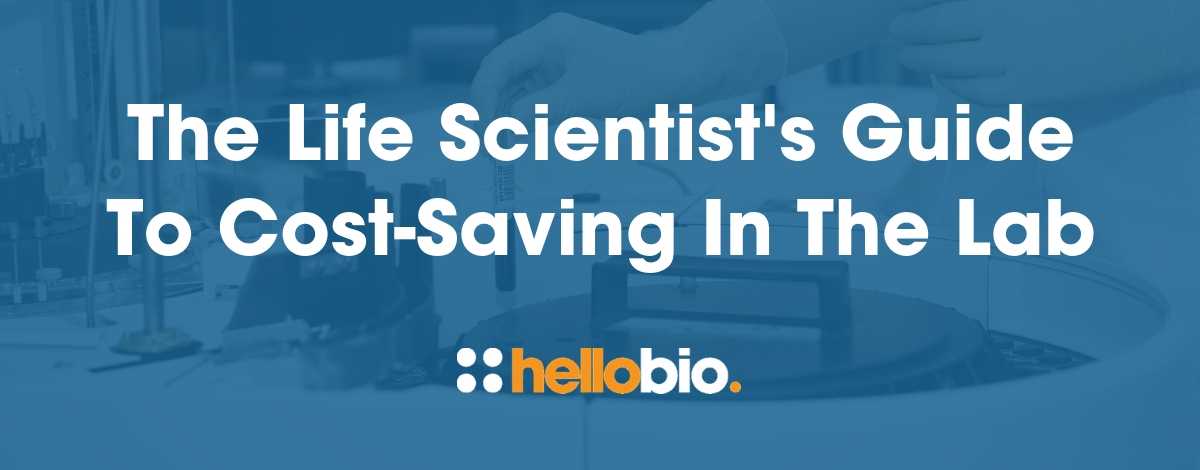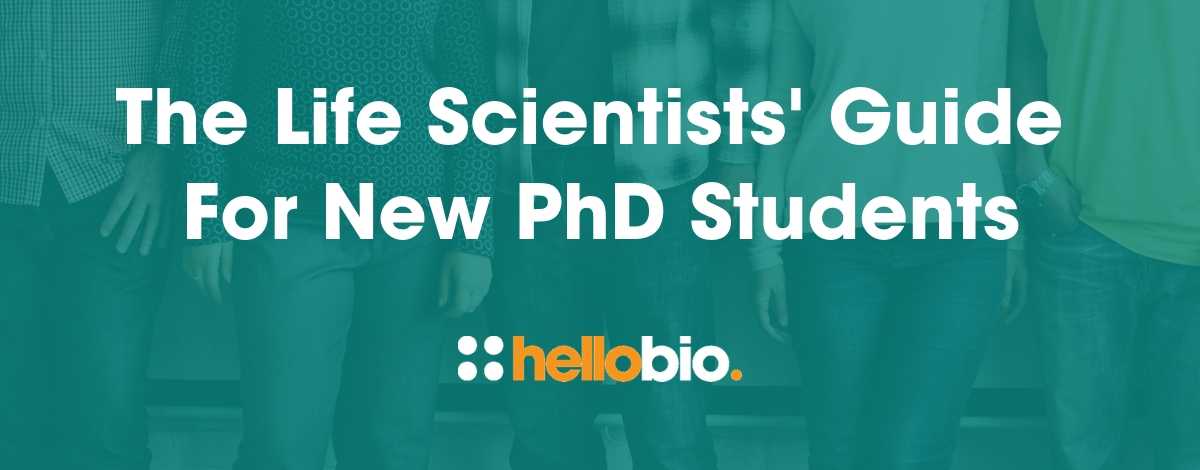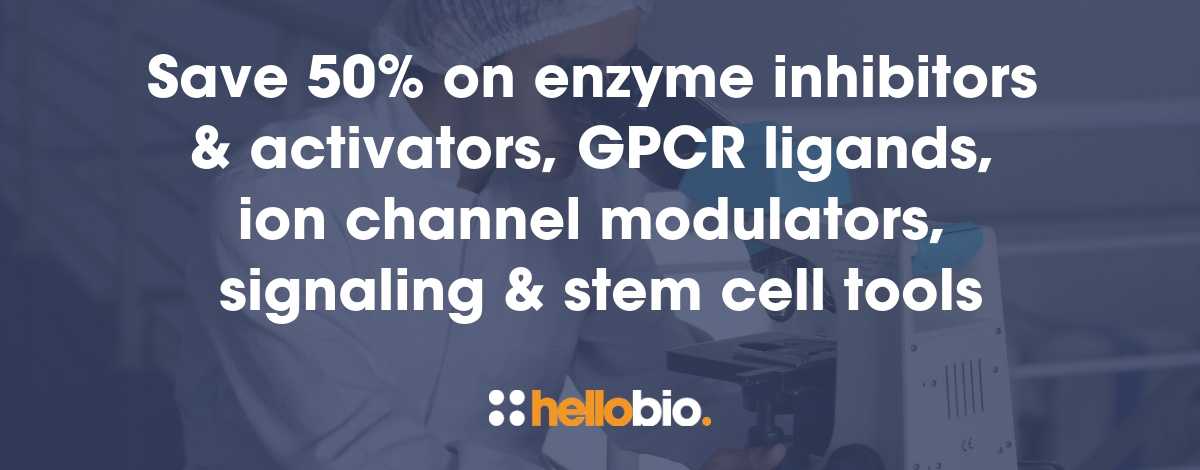Surviving Your PhD Viva / Dissertation Defense
by James Quinn
Congratulations! I assume most people reading this will have just submitted their thesis. So just stop, and take in for a moment how amazing that achievement is while you read through this article. If you’re reading this prior to submission, I feel like I should congratulate you as well… because you are much more prepared than I was!
I feel like I should give a disclaimer: I have spent about six months finding the time to write this article. I successfully passed my viva six months ago and, like many others, I am very good at putting things off until the last minute. This is my first piece of advice for you: please don’t do this for your viva (dissertation defense). Now, I felt inexperienced in writing this article, because an n=1 experience isn’t exactly scientifically sound, so I reached out on Twitter to other graduates and I’ve included some of their advice at the end of this article.
The second disclaimer is: please don’t take what I say as the only way to prepare for your PhD viva. There are other helpful articles out there. My viva was certainly a rollercoaster, so I hope you’re all strapped in and ready to enjoy the ride!
I’ve broken this article down into five sections:
- Preparing for your PhD viva
- What to do on the day of your viva
- What to expect in the viva
- How to celebrate or commiserate
- PhD viva tips from others
I hope you find it helpful!
Preparing for your PhD viva
So, you’ve just submitted your thesis, what next? First, take a break before you even look at your thesis again. I’m suggesting at least two weeks to give you some important respite. Do this in whatever way suits you. I ended up taking up an internship, I know people who went travelling, and some people go straight back into the lab. Do whatever helps you chill out.
After you feel sufficiently recovered, read, read and read. I went through my thesis from start to finish meticulously, and wrote down every single mistake I’d made (this totalled approximately three A4 pages, by the way). These were predominantly typographical and formatting issues. I’ve never met anyone who didn’t notice at least one mistake.
Secondly, go through your thesis again. Think about what questions might be asked, what are the key areas of interest, which areas need further work. There are a lot of great resources online that provide you with structured techniques for the types of questions you may receive in your viva.
Thirdly, plan answers to the most common viva questions:
- Summarise your research in five minutes
- Summarise how you ended up starting the PhD on that specific project
- What went well?
- What went wrong?
- What would you do if you could start again?
Fourthly, check the viva format with your examiners. I know this varies across the world, so make sure you discuss with your university / PhD examiners at least one month prior to the viva date to ensure everyone knows what they are doing.
Finally, I had a chance to attend a conference about three weeks before my viva. This was a helpful sounding board for what people thought of my work. I was also lucky enough to meet two of my external examiners’ former PhD students, who provided a lot of insight into the sort of questions that my examiner would ask. This was invaluable. To me, this was my “mock interview”. I also booked the day off prior to my actual viva to meet with my PhD supervisor to discuss papers and data that had been collected while I was out of the lab. This was helpful in getting reassurance that everything would be okay, and getting me into the mindset for talking about my research.
What to do on the day of your PhD viva
I took the day off work as my viva was booked for 1:30pm. Surprisingly, I wasn’t nervous at all. I felt that I owned my thesis by that point. I was aware of its strengths and limitations. I decided the best thing to do that morning would be to go for breakfast with my family. I felt that would put me in a better frame of my mind, instead of last-minute preparation. I walked into the viva, ready to defend and argue why my thesis was important. I am fully aware that not everyone feels like this, but the advice remains: do whatever it takes for you to get into the right frame of my mind before going into the viva. That might be last-minute preparation, mindfulness, or going out for breakfast!
What to expect in your PhD viva
Here’s my viva checklist:
- Yourself
- Your thesis
- Relevant papers (I think I brought in around four of the core papers that my thesis is based on)
- Pens and a notepad for jotting down questions and corrections
- Water
- Emergency snacks for during or after the viva
I felt ready for the viva. I walked in, I was asked opening questions very similar to those described in the preparation section, and I felt like I answered these to the best of my ability. I was in a great mood... then the questioning started.
I’d never experienced this before, someone going through my research in such detail and asking probing but critical questions about my thesis. I tried to write these down as I went along, explaining what I did and didn’t know (which was the majority). This was okay, but it certainly left me a bit shaken. I lasted approximately three hours before I had to go for a toilet break. This was crucial. My examiners stayed in the room and obviously discussed how it was going. I returned refreshed and the rest of the viva lasted about 30 minutes. At this point, they both agreed they were happy, shook my hand and said: “Well done Dr Quinn, you have passed (pending corrections)”, and congratulated me for my rebuttal – which left me shocked as I had thought it had gone awfully!
When I think back, I must have been answering the questions well, and they wanted to push me because they were genuinely interested in my work. I just wish I had appreciated that more at the time.
I think from my experience, the one key bit of advice is: each viva is unique, it certainly goes better than you appreciate in the moment, but try and enjoy it as much as you can.

Just after my viva (phew!) in my UoM hoodie
Celebrating (or commiserating) after your PhD viva
You can’t predict how you’ll feel stepping out of that room. I instantly messaged my parents (to put them out of their misery) and my lab (who were getting a little bit worried about me).
After that, I walked back to my lab with my external supervisor to explain my viva result. It was very helpful to get some time to discuss my thesis in a more informal manner, and realise that my viva experience was very normal.
I’d say (like most other people I’ve spoken to), that the viva is definitely an anti-climax. You build it up so much in your head but at the end of the day, it’s just another exam – and I don’t think I’ve ever left one of those feeling elated.
I had planned to go out with friends and lab mates after the viva, which would have been needed whichever way it went. I had also organised a trip to South America for a week after my viva. I think the stress of planning the trip was a welcome distraction from viva preparation, and I’d recommend that everyone organises a break of some sort – even if you stay much closer to home.

Celebrating passing my PhD in South America, with an Alpaca
PhD viva advice from others
Sam Roome, Marketing Director at Hello Bio (@hello_bio)
“When I was preparing for my viva, (and admittedly this was a very long time ago!), a few days before the big day, I realised that the statistical analyses I had used were not the most appropriate ones. Somehow, this had been missed during my thesis proofing process. I was completely devastated and – for a time – thought it was the end of the world. I envisaged all sorts of scenarios that all ended with me failing to get my PhD, and the knowledge that I was going in to my viva already aware of 'major' mistakes made me extremely anxious. But I was encouraged by my fellow PhD friends to speak to my supervisor, head of department, and other colleagues. They were all so supportive and reassuring – helping me to keep a calm head in my viva, and go in with a positive attitude, with my own suggestions for improvements. And they helped me to remember that I had done a lot of preparation and good work to get to this point. The result – I came out with a PhD (with corrections) and learnt to triple check my stats tests!”
Claire Durrant, Postdoctoral Researcher at the University of Cambridge (@ClaireDurrant1)
“I had some heart issues at the end of my PhD (thankfully now resolved!) and giving my examiners a heads up a few weeks in advance was unbelievably helpful. I was so much more relaxed knowing if anything happened, they were already aware and would know what it was! I’d strongly advise anyone if they have any requirements / health issues to be completely open with the examiners as they will be more than happy to accommodate you and it will stop you worrying about anything non-PhD related!”
In summary...
It’s your viva, and it’s an experience unique to you. Take my advice lightly, and consult other articles too. At the end of the day, no one will have an experience in their viva which will be exactly the same as yours, apart from the generic preparation techniques. Just try and enjoy this once in a lifetime experience!

My celebratory post-viva meal with my lab mates!
__________________________________
Dr James Quinn recently completed his PhD at the University of Manchester in the lab of Professor Nigel Hooper (@hooperlabmanc) studying post-translational modifications of tau in different types of dementia to further unravel disease mechanisms and identify biomarkers to improve diagnosis. James is about to undertake a postdoc in the Alzheimer’s Clinical Trial Research Unit in Harvard Medical School, Boston, under supervision of Dr. Becky Carlyle and Dr. Steven Arnold. During his postdoc, James will continue researching dementia, focusing on the development of new diagnostic tests and identifying novel therapeutic targets.
When he’s not in the lab, you’ll find James out and about doing public engagement, running, bouldering, brunching, travelling and seeing live music.
- Follow James on Twitter @TweetwithQuinn
- Connect with James on Linkedin: https://uk.linkedin.com/in/james-quinn
- Find James on ResearchGate: https://www.researchgate.net/profile/James_Quinn8
- Read James’ Review, Tau Proteolysis in the Pathogenesis of Tauopathies: Neurotoxic Fragments and Novel Biomarkers: https://www.ncbi.nlm.nih.gov/pubmed/29630551
- Find out more about James’ new lab: https://www.actru.org/meetourteam/
- Read James’ Hello Bio interview: https://hellobio.com/blog/interviews-with-scie...
__________________________________
If you enjoyed reading this article, why not check out the other resources available on our blog. As well as trying to promote diversity in science, we're passionate about supporting early career life scientists and PhD students - with affordable reagents and biochemicals, travel grants, and resources to help with both personal and professional development. We know how tough it is - so we hope you find these helpful!
Advice & guidance for life scientists
Click below to view our of essential guides and articles includes to support life scientists, PhD students & early career life scientists:
Wellbeing for scientists
Click below for our resources to help improve your wellbeing:
Travel grants
Every month we give away $500 to PhD students and Postdocs so that they can attend a scientific conference - click below to find out more:
Technical resources
Try our Molarity Calculator: a quick and easy way to calculate the mass, volume or concentration required for making a solution.
Try our Dilution Calculator: an easy way to work out how to dilute stock solutions of known concentrations
Click below to see our Mini-reviews, Pathway Posters & Product Guides: a set of technical resources to answer your questions on a wide range of topics and to help you get started quickly.
And - when you get to the stage of planning your experiments, don't forget that we offer a range of agonists, antagonists, inhibitors, activators, antibodies and fluorescent tools at up to half the price of other suppliers - click below to see how we compare with other suppliers:





















